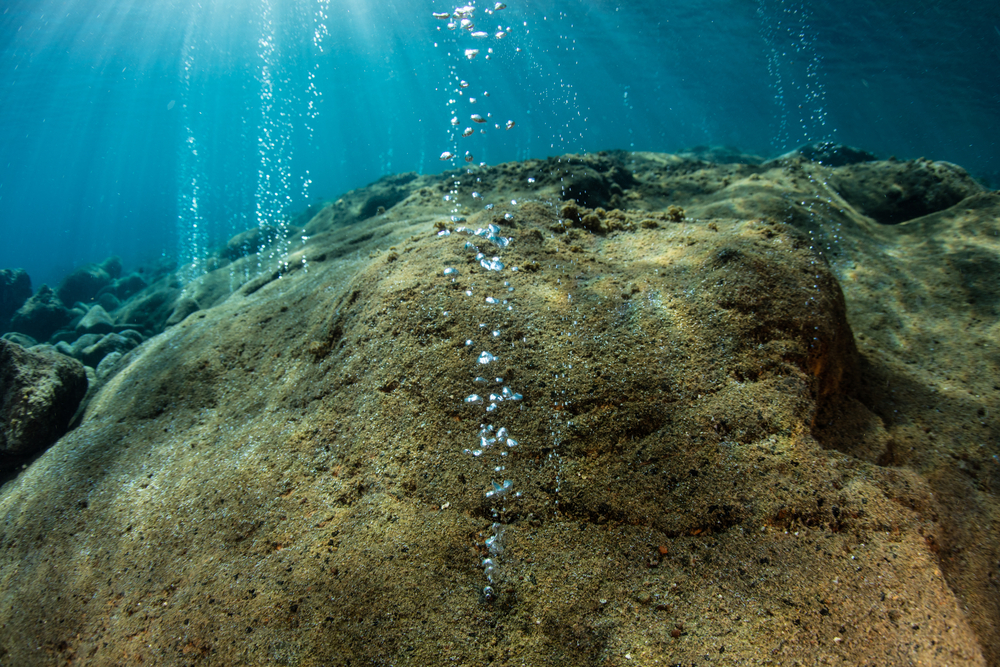Scientists stunned by a deep-sea nursery unlike anything seen before
Others are reading now
The ocean depths have long been a source of scientific mystery — vast, unexplored, and often stranger than fiction.
But even seasoned marine researchers were stunned when a dormant underwater volcano off the coast of Vancouver Island, Canada, was found teeming with thousands of living eggs.
The eerie discovery, originally made in 2019, continues to send ripples through the scientific community.
Led by marine biologist Cherisse Du Preez, the research team encountered what they described as a “living hatchery” nestled within a volcanic seamount that had reawakened after centuries of dormancy.
Also read
Rising more than 1,100 meters from the seafloor and located some 1.5 to 1.6 kilometers beneath the ocean surface, the volcano was found to emit warm, mineral-rich waters — an ideal environment for life to thrive.
To the team’s amazement, the site was filled with giant egg sacs — some measuring up to 50 centimeters wide — belonging to the elusive Pacific white skate. These gelatinous sacs, colloquially known as “mermaid’s purses,” revealed that the volcano was serving as a natural incubator.
As reported by El Economista, these rays require a gestation period of up to four years, making the warm conditions critical for their development.
“The volcano essentially acts as a coral garden and a safe nursery for juvenile skates before they descend into deeper waters,” Du Preez noted.
Deep-Sea Insights and Broader Implications
Pacific white skates can reach lengths of up to two meters and typically inhabit depths between 800 and 2,900 meters. The extraordinary temperature conditions created by hydrothermal vents may be essential for their reproductive cycle.
This isn’t the only time marine creatures have been observed using volcanic heat for reproduction. A similar discovery was made in 2018 near the Galápagos Islands, where large eggs of other marine species were found near geothermal vents.
Such findings are shedding light on how geological activity and marine life are deeply interconnected — and how these fragile ecosystems depend on the delicate balance of temperature and chemistry in the deep sea.
But with ocean temperatures rising due to climate change, these delicate habitats are under threat.
Scientists fear that without urgent global conservation efforts, the survival of these rare species and their unique nurseries could be in jeopardy.
The discovery has heightened the call to protect vulnerable undersea ecosystems before they are irreversibly lost — and reminded the world just how little we truly know about the depths of our own planet.


